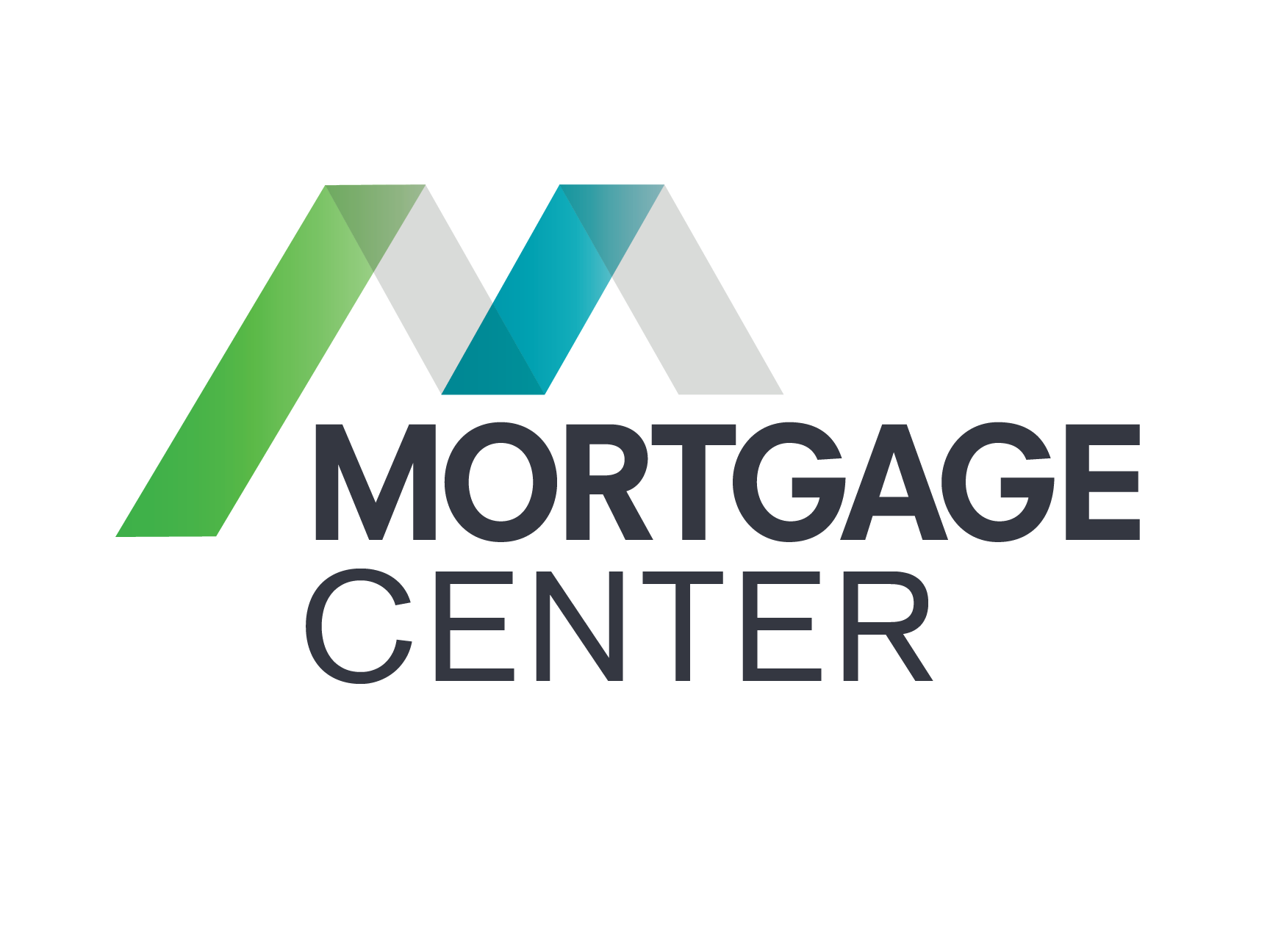Mortgage Rate Lock vs Floating: Deciding When To Set Your Interest Rate
Picture this: You've found the house, the one with the perfect backyard for your future golden retriever and a kitchen that would make Gordon Ramsay weep tears of joy. Time to get pre-approved for a mortgage!
Fairly early in the application process, you’ll find you have a choice to make: Whether to float your mortgage rate, or lock it in before closing. This hasn’t really been much of a choice lately, as two straight years of interest rate hikes by the Fed caused rates to steadily rise to eye-watering levels. Floating your rate makes more sense when rates are headed down, and (knock on wood) we’re starting to see some signs that rates are trending in a happier direction.
The Difference Between Floating Your Rate and Locking It
It can take 30 to 45 days to close on a home loan, but mortgage interest rates change daily, and over several weeks or months, those adjustments can be drastic. In early August of 2024, for instance, the average rate for a 30-year fixed-rate mortgage was about 6.75%, according to Freddie Mac. 6 weeks later, by mid September of 2024, the average rate has dropped an entire half-percent down to 6.25%. How these rate fluctuations affect the rate you’ll pay for a mortgage depends on whether you choose to float your rate, or lock it in.
Locking your rate means you’re entering an agreement with your lender that your interest rate will be reserved for a particular amount of time. Even if the market rate is higher on the day you close, your interest rate will be the same as the day you locked it (assuming you close before the rate lock period expires). You’ll always eventually need to lock in your rate at some point before closing.
You also have the option to float your rate in the meantime. Some borrowers choose not to lock their rate because they feel confident that rates are headed downward. By choosing to float your rate, you’re deciding that the rate being offered when you’re first approved will go down soon, and want to wait for it to happen.
Rolling The Dice Versus Playing It Safe
So, how do you decide which path to take? Here are a few things to consider to guide your decision.
-
The current market: Mortgage rates are affected by the larger financial market, so you can find clues as to what direction rates are headed by looking at the overall economy. For example, while a change to the benchmark rate by the Federal Reserve doesn’t directly affect mortgage rates, there’s usually still a trickle-down effect.
-
Your risk tolerance: Are you a gambler or a worrier? If you can handle the uncertainty and potential for higher rates, floating might be your style. If you prefer predictability and sleep well at night, locking is probably the way to go.
-
Your financial situation: If you’re needing to really stretch to afford your mortgage, floating your rate is extra-risky. An unexpected tick upwards in your rate (and therefore monthly payment) could throw your carefully planned budget into disarray.
Reasons to lock in your rate
Remember, it's impossible to correctly predict the movement of mortgage rates 100% of the time. Like a small child that has stayed up an hour past their bedtime, their movement is unpredictable and sometimes violent. For many homebuyers, the certainty that a rate lock provides has value in itself. With that in mind, requesting a mortgage rate lock may make sense if:
-
You've shopped around and confirmed your lender offers the best rate (psst - we probably do)
-
You're confident you'll close the loan within the rate lock period.
-
You don’t want to deal with the stress of worrying about rates climbing before you close.
-
You don't want to have to buy discount points to reduce your rate at closing.
Reasons to float your rate
Nobody can be right 100% of the time, but if you’re a savvy, experienced homeowner who also follows financial markets closely, the odds are definitely more in your favor. Here are some reasons why it might make sense to let your rate float:
-
You’re confident in your knowledge of the general financial landscape, and you’re confident that the market will react to events in a way that is tethered to reality (that second part is never a guarantee).
-
Your finances are secure enough that an unexpected rate jump before you lock would be more annoying than outright catastrophic.
-
You’re risk tolerant enough that you won’t be stressed out by rate fluctuations during the homebuying process.
-
You’re considering an ARM loan. Many borrowers will be refinancing at the end of the intro period of their ARM loan anyways, so there is less risk of becoming locked into a higher rate for 15 or 30 years if you catch an unlucky rate bounce.
Just remember, whether you choose to float or lock, your loan officer will help you make an informed decision and will support you with what decision you make. After all, buying a house is a big deal, and you want to enjoy the process, not stress about interest rates! Get in touch with one of our friendly and knowledgeable loan experts if you have any questions, or want to know more about the pros and cons of floating your interest rate.
Meet Kyle, Mortgage Center's digital marketing expert and self-proclaimed biggest dog lover. He brings a wealth of experience in writing helpful, accessible content and has made it his mission to help aspiring homeowners achieve their goals.
« Return to "Financial Resources & Blog"


